In an interview with VNA reporters in London about Resolution 57-NQ/TW, issued by the Politburo in December 2024, on breakthroughs in science, technology, innovation and national digital transformation, Associate Professor, Dr. Nguyen Dang Bang, Judge Business School, University of Cambridge, UK, pointed out Vietnam's advantages in implementing the resolution, including a young population, quick grasp of new advanced technologies, Vietnam's image continuously improved thanks to a relatively good economic growth rate, participation in the global supply chain in many industries, and infrastructure conditions such as large airports and ports.
According to Associate Professor Nguyen Dang Bang, with these competitive advantages, especially a young population, Vietnam has the potential to develop a number of smart manufacturing industries such as the semiconductor industry, specifically advanced chip manufacturing; computer science, including quantum computing. In addition, Vietnam has a competitive advantage over countries with large manufacturing bases, but based on old technology.
Associate Professor Nguyen Dang Bang emphasized that in order for Vietnamese science to make a breakthrough, the top priority must be institutional reform, turning institutions into competitive advantages as Resolution 57 pointed out.
He pointed out that the current institutional framework is one of the bottlenecks hindering scientific research activities. Complicated procedures in organizing international scientific conferences or disbursing scientific research projects waste time and money for scientists - who should focus on research and invention instead of dealing with administrative procedures.
Scientists also need to be given the trust, opportunity and encouragement to conduct experiments rather than presenting early-stage research.
Besides, the government needs to issue specific policies and develop detailed action plans to realize the goals.
In the context of limited resources, instead of spreading investment, the state needs to focus resources on developing 3-4 key scientific fields with specific implementation time.
These key sectors must have advantages, good foundations and prospects to bring high value in the next 10-15 years. Less important sectors can be left to the private sector or foreign investment.
The State needs to play a role in guiding, regulating and creating an open policy foundation for economic sectors to participate.
Sharing international experience in science and technology development, Associate Professor Nguyen Dang Bang, who has nearly 20 years of teaching and research experience in Hong Kong (China), France, the US and the UK, pointed out that building an ecosystem in universities is an important link, playing a fundamental role in science and technology development.
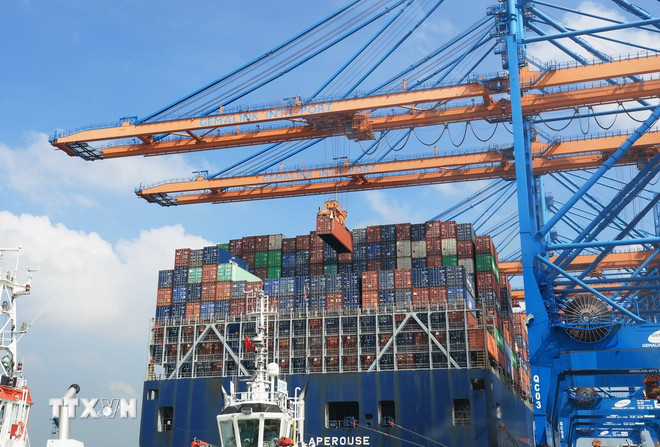
According to him, the Vietnamese university system needs to be re-evaluated and reformed quickly and strongly to build universities that are open in academics, connected with the best universities and with the world's leading experts in the fields of science, technology and advanced technology, creating all conditions for students to access the latest scientific and technological advances without barriers.
Not only the university system, the general education system also needs to create an environment that encourages science and research, creating conditions for children to be exposed to science through practical activities at school and in society.
In addition, another important factor in this ecosystem is businesses - a component of the economy, where scientific research is applied and commercialized, generating revenue for scientific activities.
According to Associate Professor Nguyen Dang Bang, the government needs to create favorable conditions for multinational and domestic companies to build research facilities in Vietnam, while exempting and reducing taxes for investment activities in research and development (R&D) in priority areas of the state, and even having special policies such as establishing a specialized department to call for investment in research and development from the 100 largest companies in the world.
He believes that having large foreign companies with research headquarters in Vietnam will help supplement the state's still limited resources.
Referring to the development of high-quality human resources to realize the goals and visions set out in Resolution 57, Associate Professor Nguyen Dang Bang said that this is a long-term, costly investment process and needs to be implemented immediately with a specific, detailed action plan.
He emphasized that Vietnam is among the few countries in the world with a strong team of experts in many scientific fields living and working abroad.
This is a resource that the government can leverage for teaching activities as well as consulting for state organizations and businesses.
Overseas Vietnamese scientists can be a bridge for Vietnam to build and develop cooperative relationships with research organizations or leading universities in the world, a practical way for overseas Vietnamese intellectuals to contribute to the country's construction and development.
Associate Professor Nguyen Dang Bang affirmed that Resolution 57 helps orient the entire national effort to achieve science and technology goals and turn Vietnam's science and technology advances into a driving force for national development in the next 20 years, reflecting the strong political will and long-term vision of the Party and State./.
Source: https://www.vietnamplus.vn/dot-pha-theo-nghi-quyet-57-hoc-gia-dh-cambridge-chi-ra-loi-the-voi-viet-nam-post1022565.vnp


![[Photo] General Secretary To Lam receives US Ambassador to Vietnam Marc E. Knapper](https://vstatic.vietnam.vn/vietnam/resource/IMAGE/2025/3/31/5ee45ded5fd548a685618a0b67c42970)
![[Photo] Speeding up construction of Ring Road 3 and Bien Hoa-Vung Tau Expressway](https://vstatic.vietnam.vn/vietnam/resource/IMAGE/2025/3/31/f1431fbe7d604caba041f84a718ccef7)


![[Photo] 2nd Conference of the Party Executive Committee of Central Party Agencies](https://vstatic.vietnam.vn/vietnam/resource/IMAGE/2025/3/31/8f85b88962b34701ac511682b09b1e0d)
![[Photo] Prime Minister Pham Minh Chinh receives delegation of leaders of US universities](https://vstatic.vietnam.vn/vietnam/resource/IMAGE/2025/3/31/8be7f6be90624512b385fd1690124eaa)




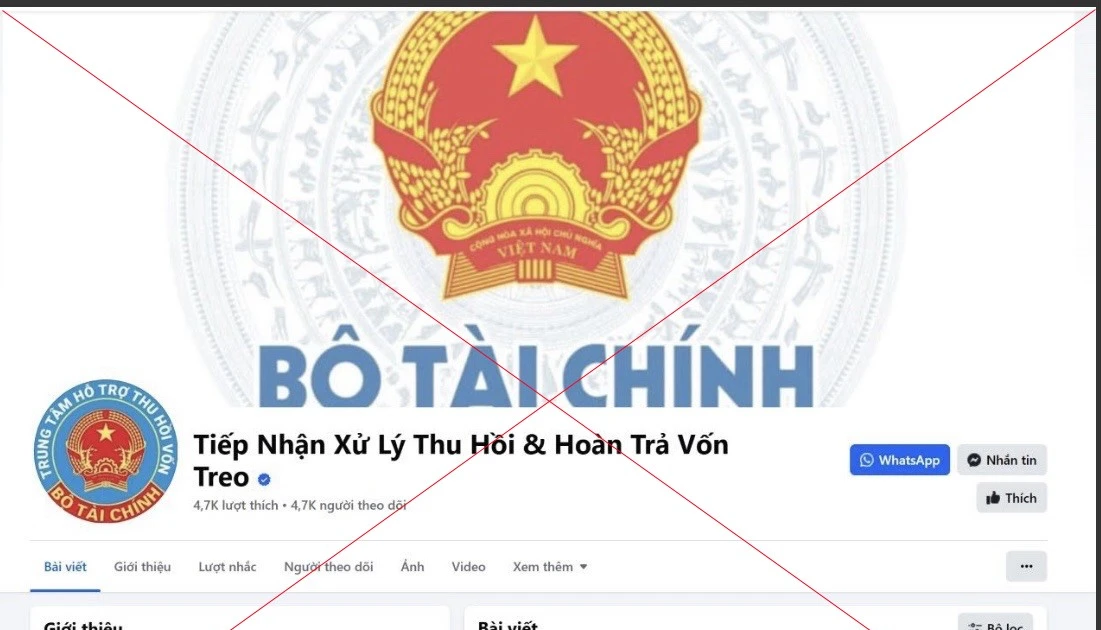




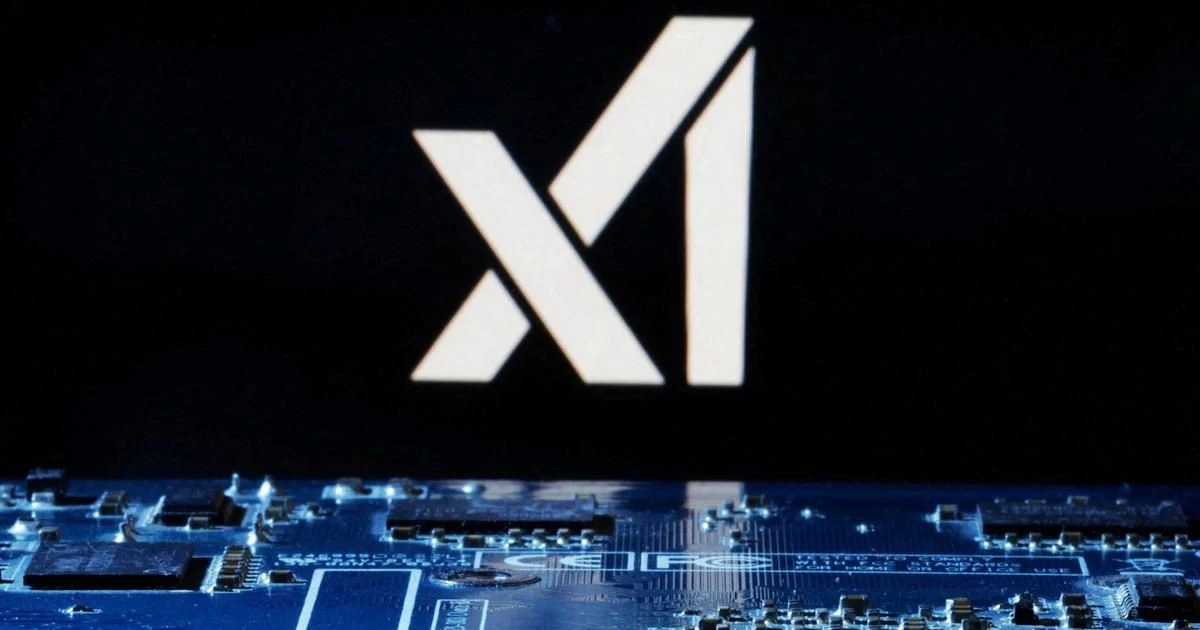


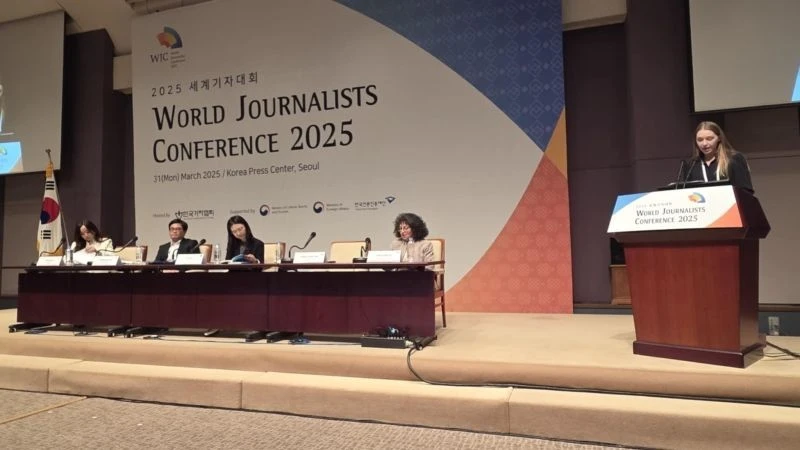
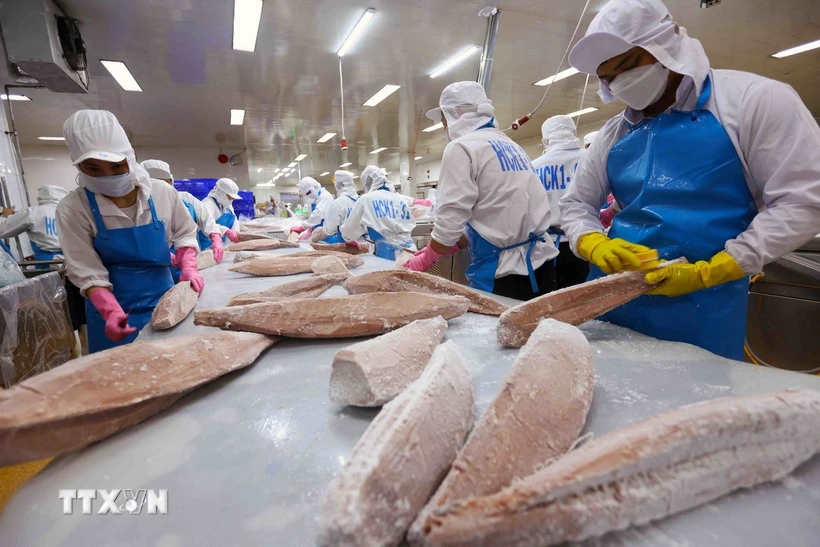


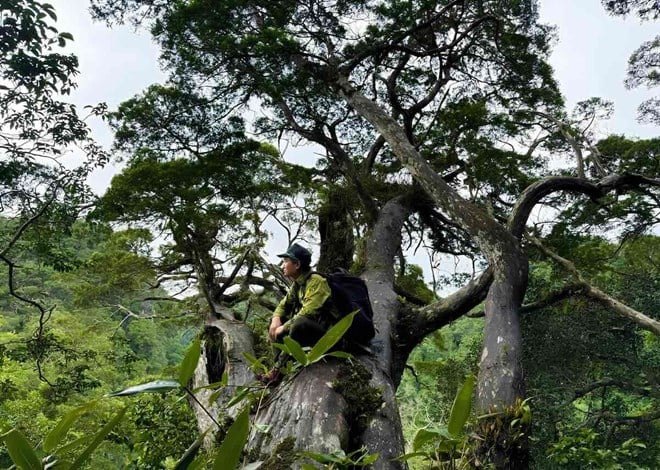











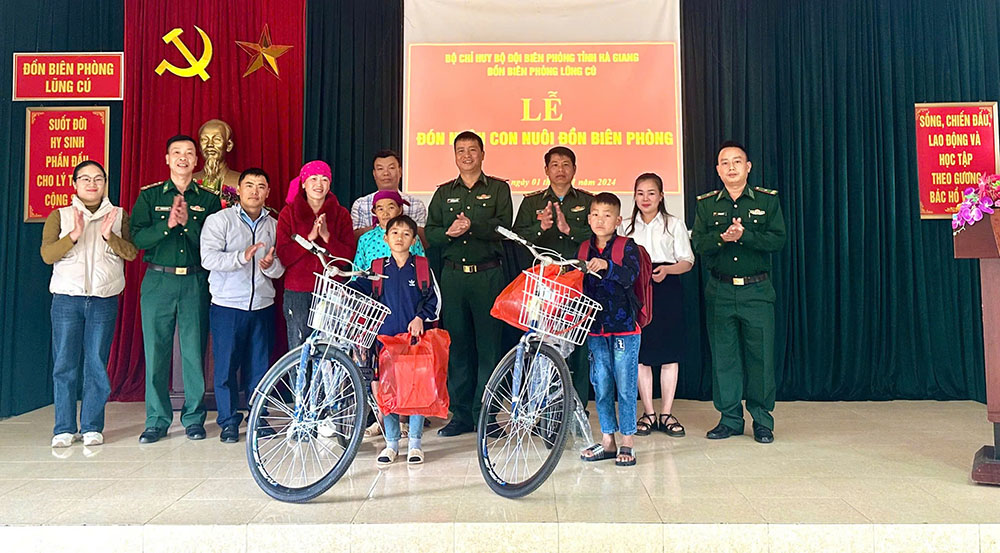

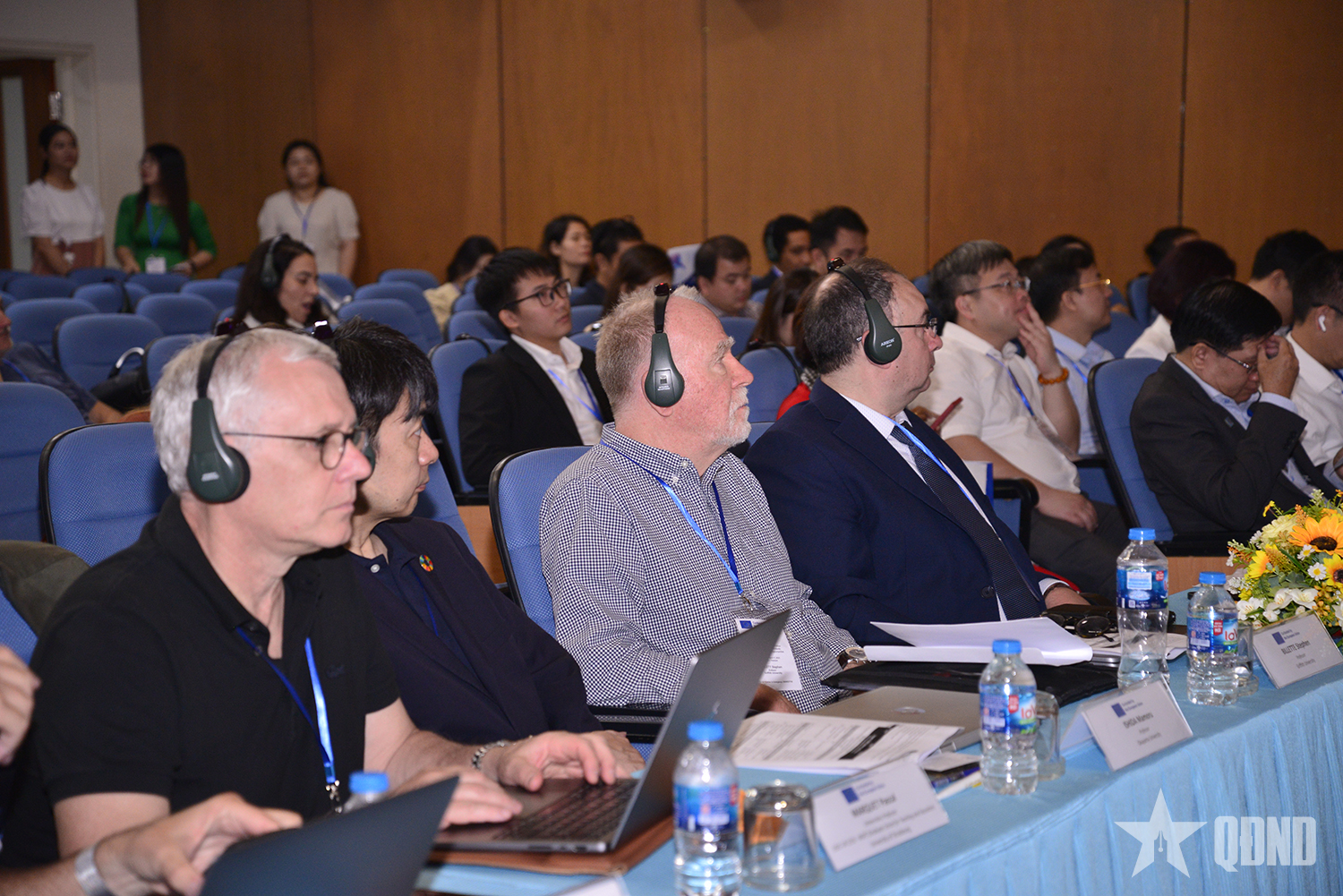















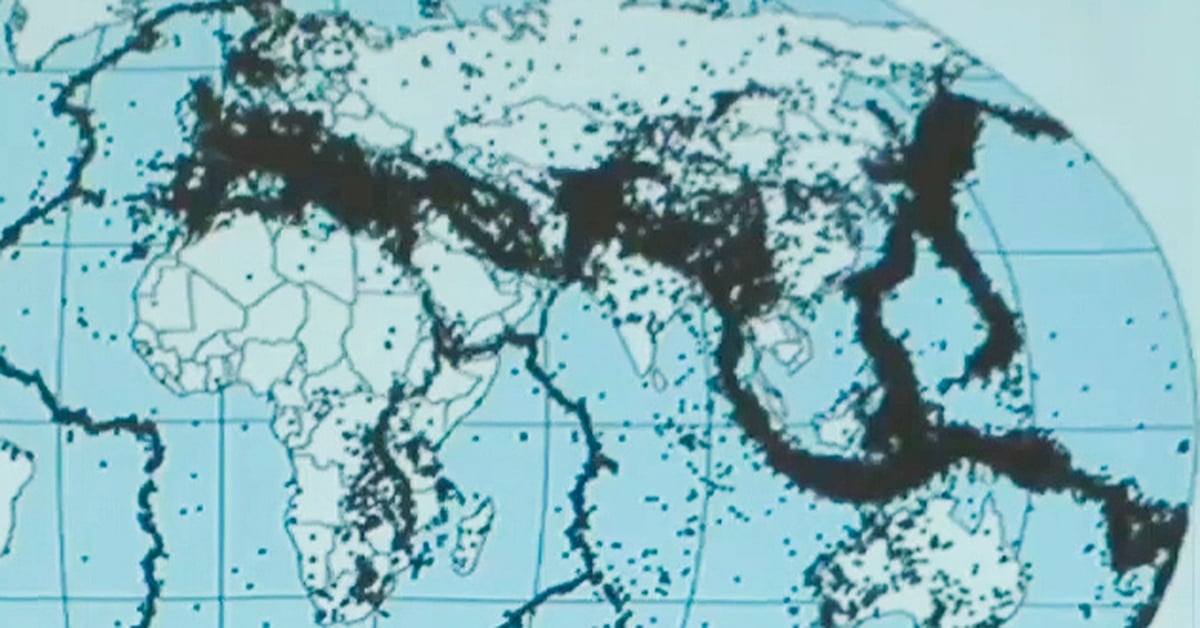
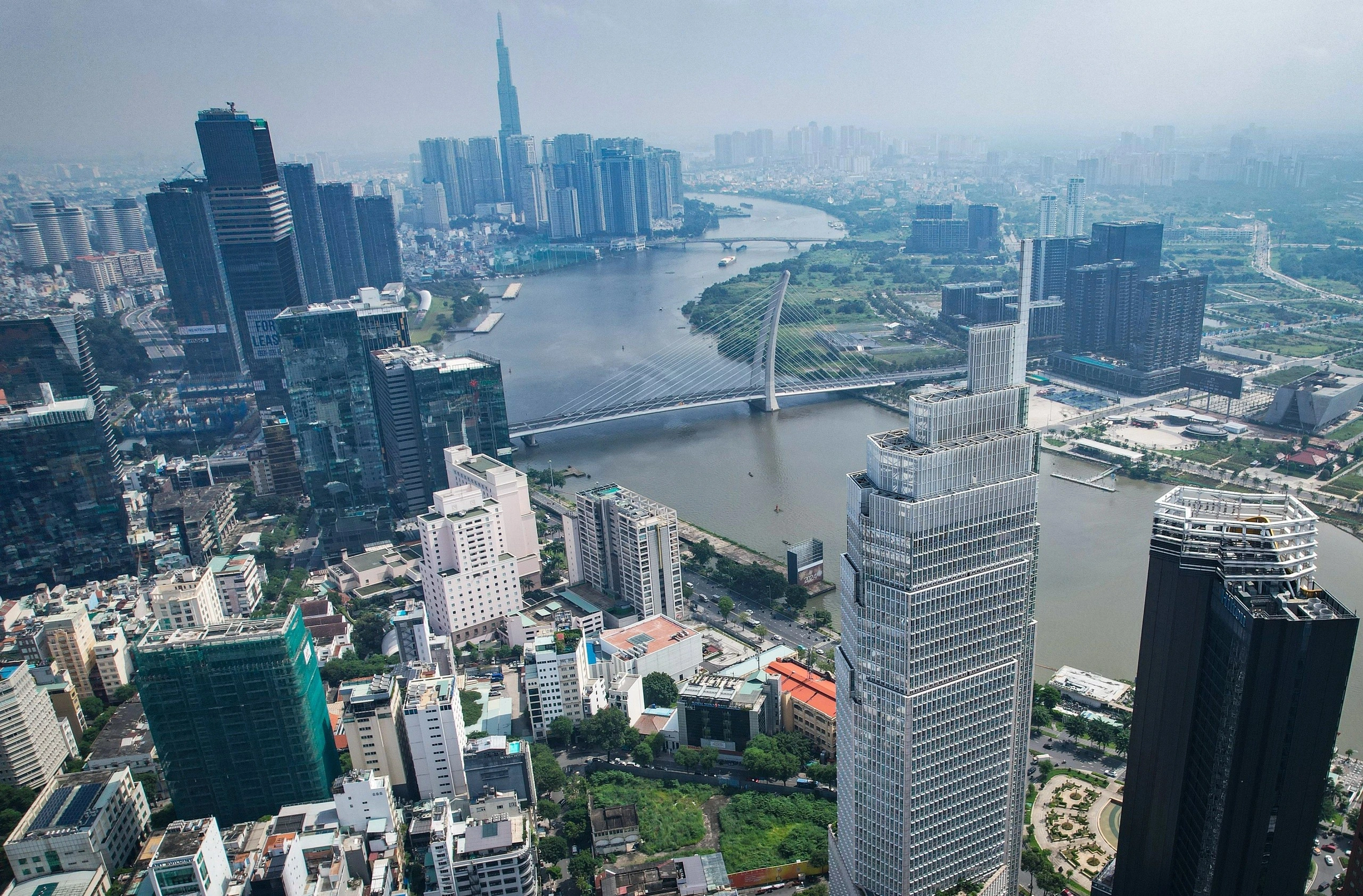
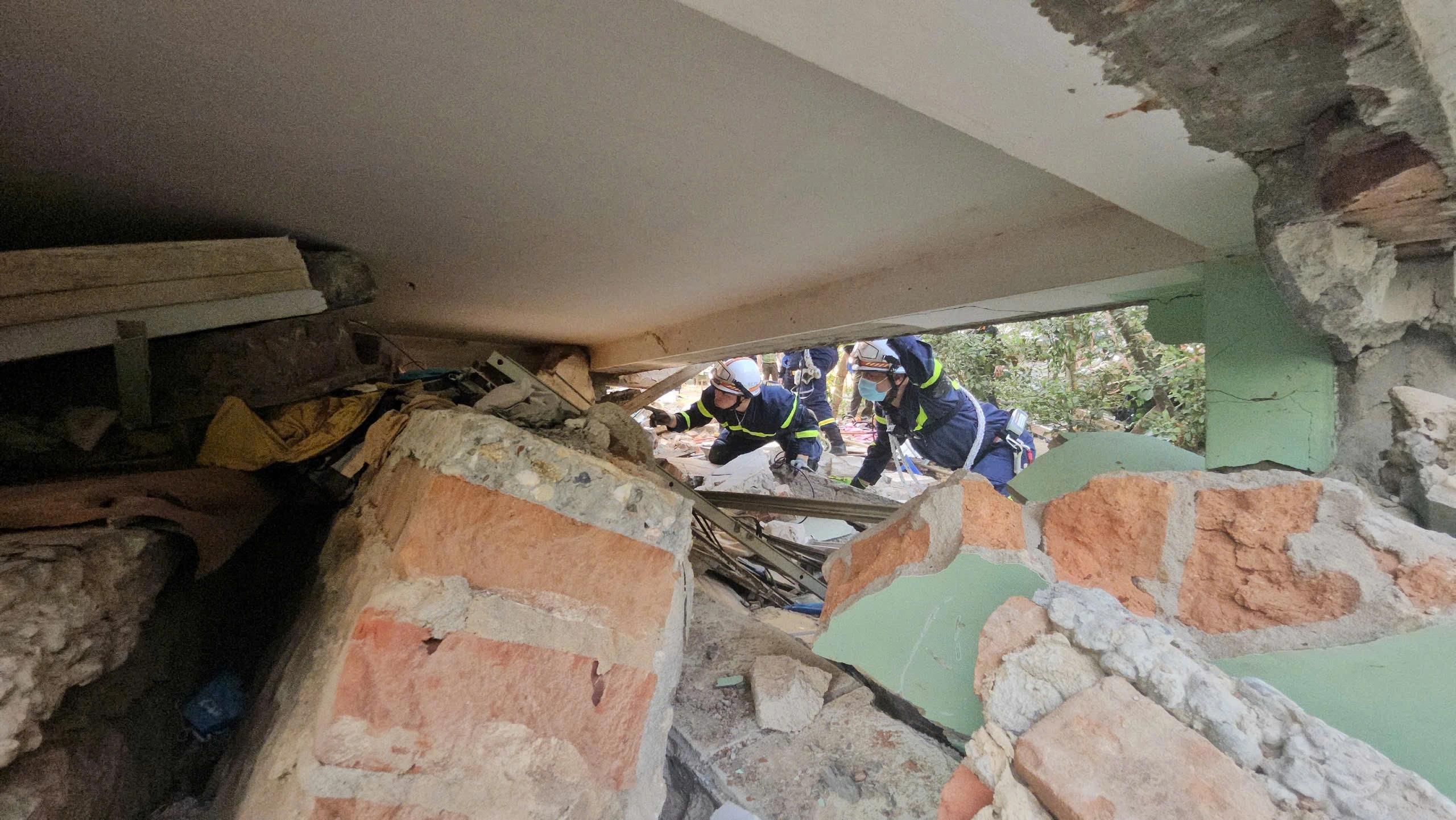
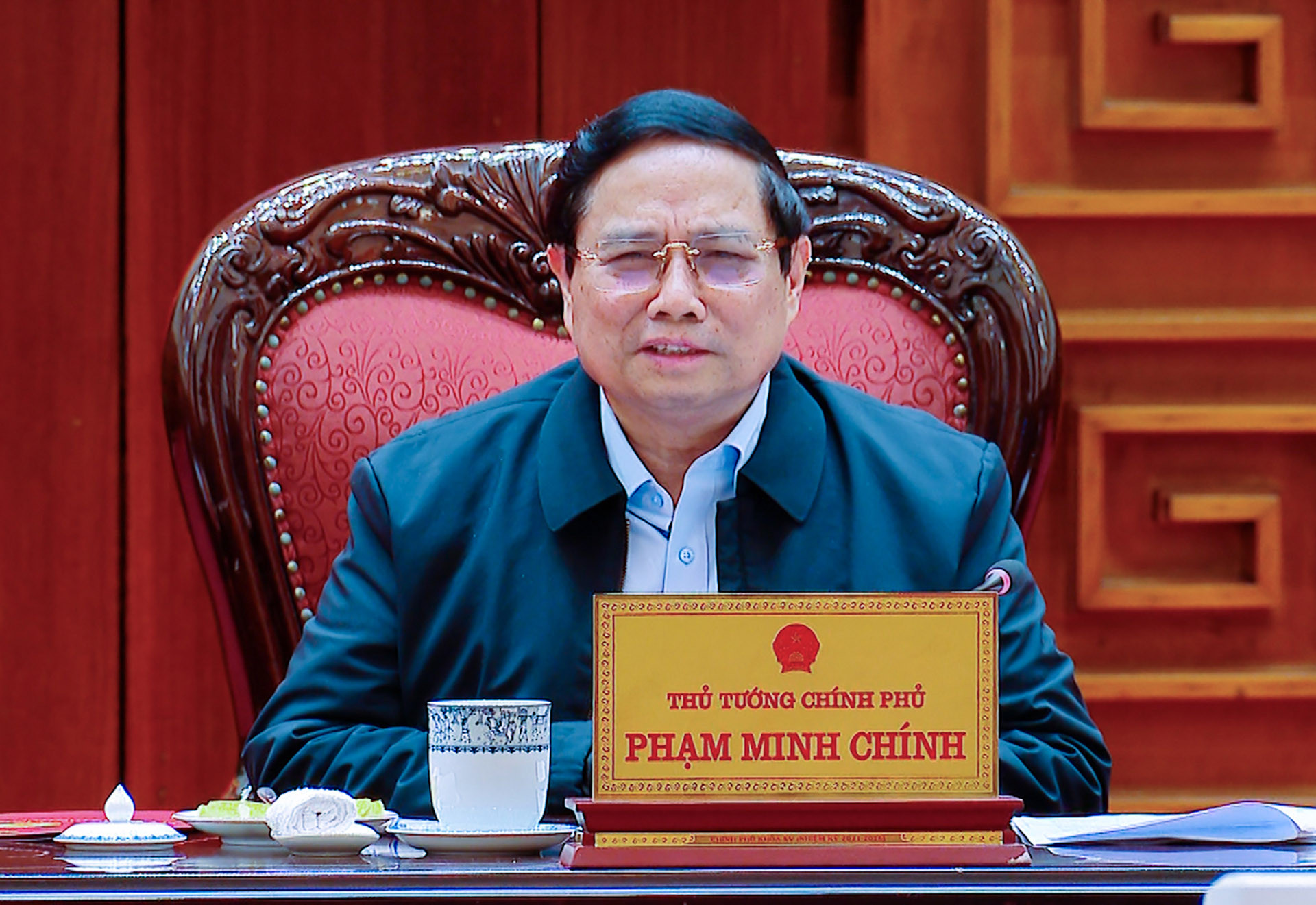



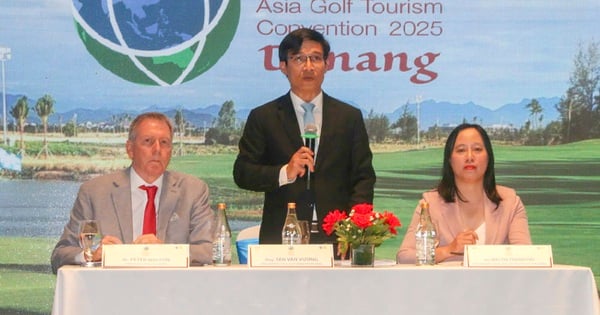

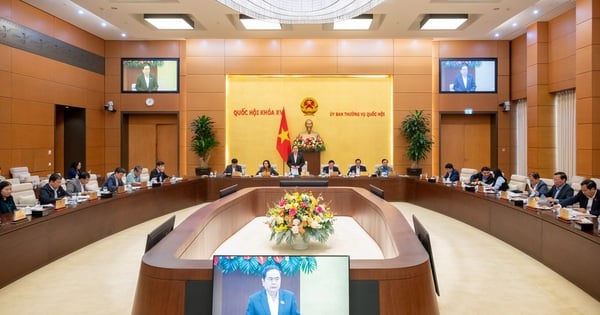
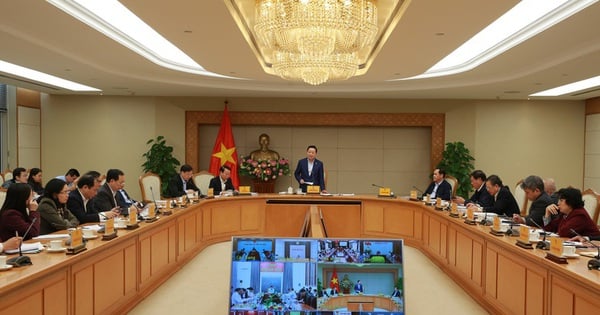
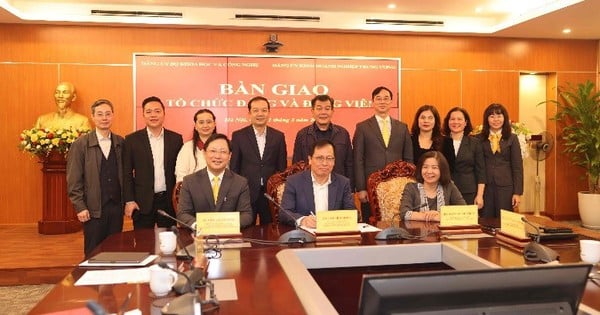

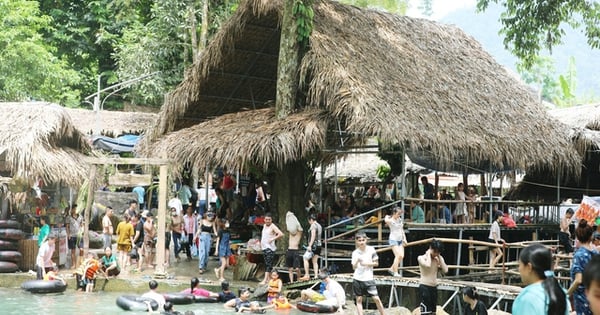
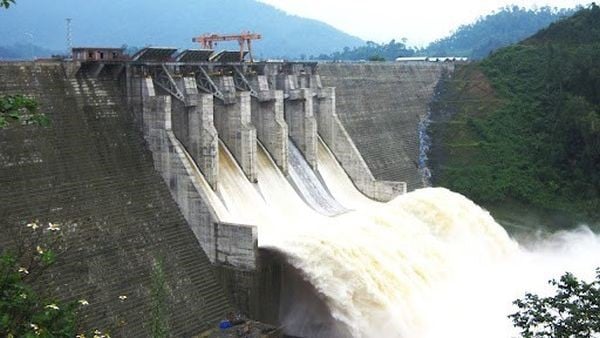



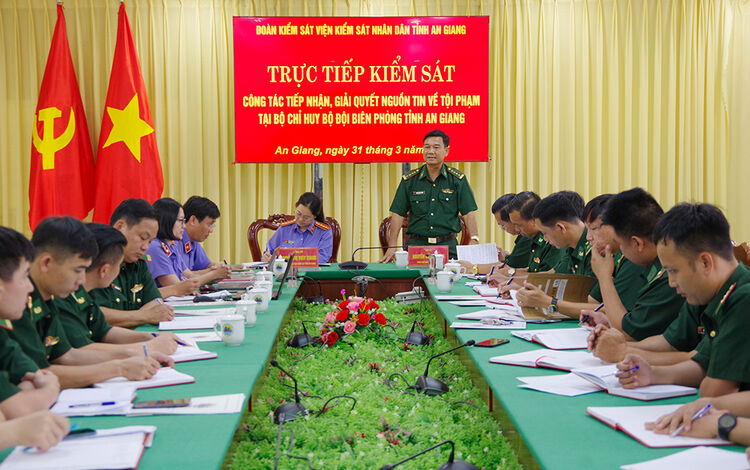
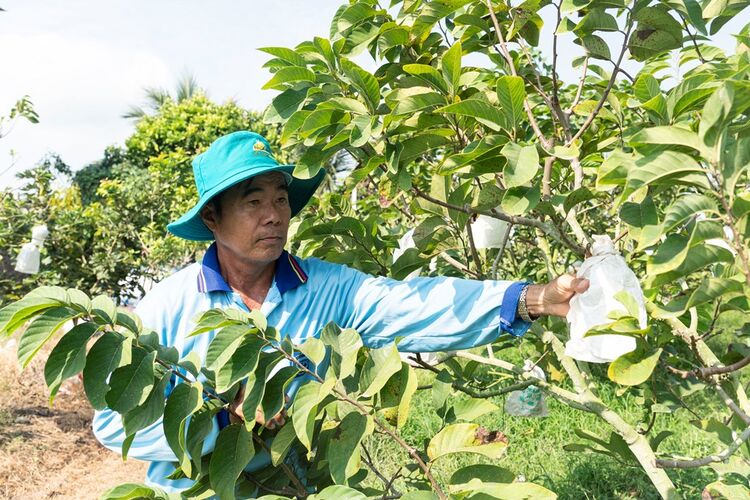
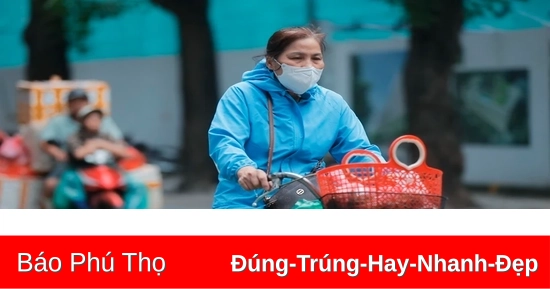



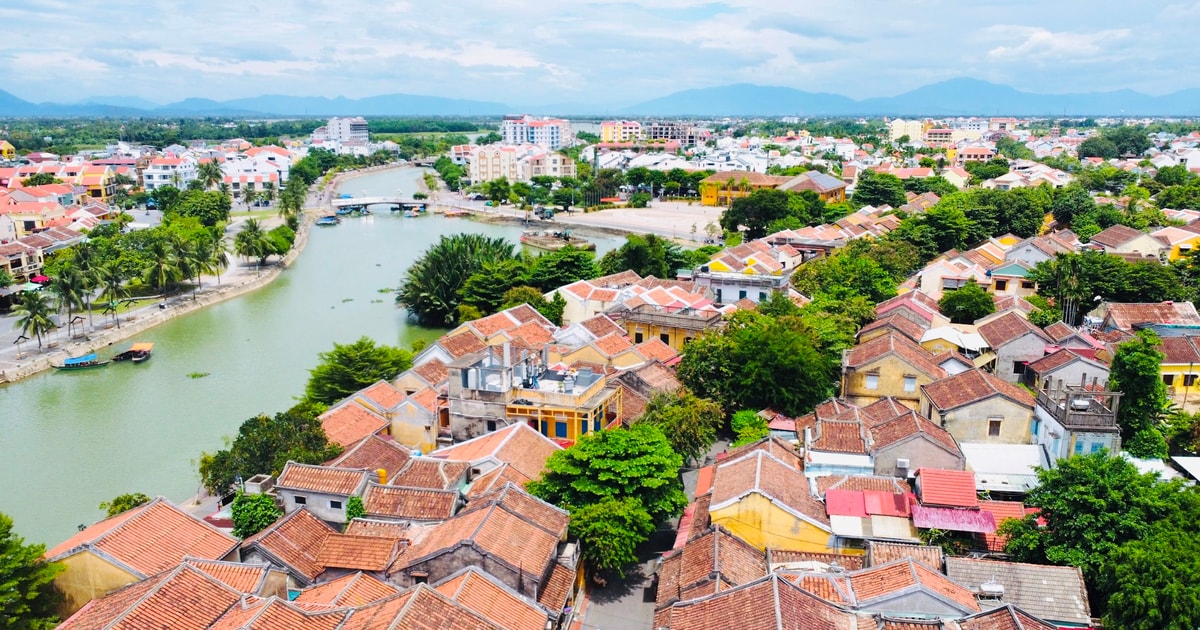











![[REVIEW OCOP] An Lanh Huong Vet Yen Cat](https://vstatic.vietnam.vn/vietnam/resource/IMAGE/2025/3/27/c25032328e9a47be9991d5be7c0cad8c)

Comment (0)